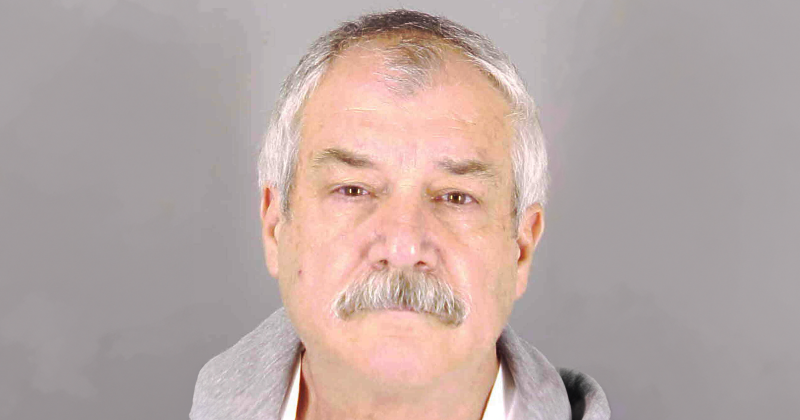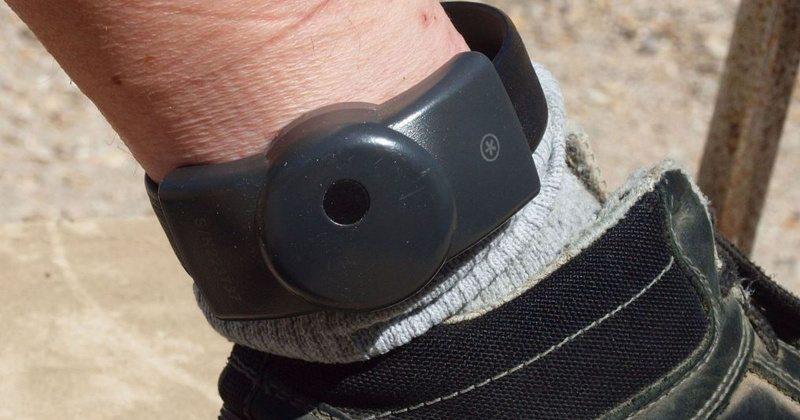Judge grants limited independence
April 25, 1986, a tragic incident unfolded at the East Drive home in Beaumont, where 74-year-old George A. Weller, a prominent attorney, and his wife, Eleanor, were fatally shot by their 38-year-old son, Andrew Weller, while sitting at the breakfast table. Andrew was later found not guilty by reason of insanity in 1988, leading to annual reviews of his mental state to determine the necessity for court oversight.
During the latest court review on Jan. 25 in front of Jefferson County Criminal District Court Judge John Stevens, Weller's psychiatrist, Dr. Russell Bach, disclosed that Weller has been diagnosed with chronic schizophrenia but has shown stability with appropriate medication. Bach’s statement diverged from the previous year, emphasizing Weller’s improved condition and the absence of any current risk to himself or others.
Most recently, Weller has been monitored as an outpatient, having medical professionals ensure he is properly medicated, and wearing a GPS tracking device so that the court knows his whereabouts at all times.
Jefferson County Assistant District Attorney Mike Laird recommended Weller’s continued monitoring, arguing that, “He’s a danger if he stops his medication and, although he hasn’t had an incident over the last three years, that’s because he’s been monitored and medicated.
“We can’t just let him go because we’ve monitored him so well and he’s done well. It’s a threat to put him back out into society.”
Weller interjected into the conversation several times, to which Stevens warned was a sign of not being able to follow rules. Weller advised the court that he sets up and takes his own mediation.
“If this is addressed sufficiently by medication, why should he be under court orders,” Stevens asked Laird.
“We’ve seen this before,” said the state’s attorney. “If he’s not under court order and not monitored, he could just stop taking his medications … this is not somebody who committed a small crime, this is somebody who killed people, and he’s stable because we’ve been monitoring him.”
Weller’s attorney, Thomas Burbank retorted: “I disagree with the state and I think the key factor here is, as you can see, since he’s been released he has been progressively better.
“The last doctors' evaluations there were possible concerns and this time you do not have them. Just because someone has a mental health issue does not mean the court needs to supervise them, but there is always a risk, just like anyone else in society, that something might happen in the future. I do not think it is the intent of the law to monitor possible future events if there is not a sign that he is a danger to himself or society.”
Burbank went on to reiterate that Weller has been following the rules and regulations of the court, his doctor and his probation officer.
“I would hope and recommend that if the court is not of the opinion to release him totally, that you would allow him some freedom, possibly from the GPS monitor and a curfew; that way, then, there may be light at the end of the tunnel and, maybe not this time, but maybe next time, the court would agree to limited supervision. I agree with the state of the concerns as to where this all started, but the psychologist is indicating that you have an option of releasing him.”
Weller spoke up for himself, as well.
“In order for y’all to keep me under the court’s thumb, there has to be some sort of overt act – and there has been none,” Weller said. “The doctor told me he is recommending my release and I’m hoping that’s what y’all do is release me from the court’s supervision.
“I fully intend on keeping taking my medication and I take blood pressure meds … I need my meds and fully intend to keep taking it. You can be rest assured I’m not going to stop taking it … it wouldn’t serve me any purpose not to take it.”
Stevens, moved by the words of a man under proper medication and an attorney making voracious advocacy for his client, decided that the court would give a little leeway and see how it goes.
“This has been a gradual weening from confinement to supervision to outpatient supervision and to relaxing the conditions toward independence for Mr. Weller, and I agree that is the best way to judge whether he is going to fall back onto dangerous activity based upon his condition or not,” Stevens said. The judge ordered that Weller continue to take his medication under the supervision of outpatient treatment but did relent to the release of GPS monitoring. “The court does feel as though the gradual release of conditions on Mr. Weller’s lack of freedom toward complete freedom have to be earned and, by his actions, must show the court can trust he will take his medication independently without supervision.”
Stevens additionally ordered a 9 p.m. to 7 a.m. curfew, for Weller to present a daily signed medication sheet to his probation officer regularly, and to keep his phone charged and on at all times in case the court calls. In conclusion, Stevens renewed the court order for another year, emphasizing the need for earned freedom based on Weller's responsible actions and adherence to medication.



